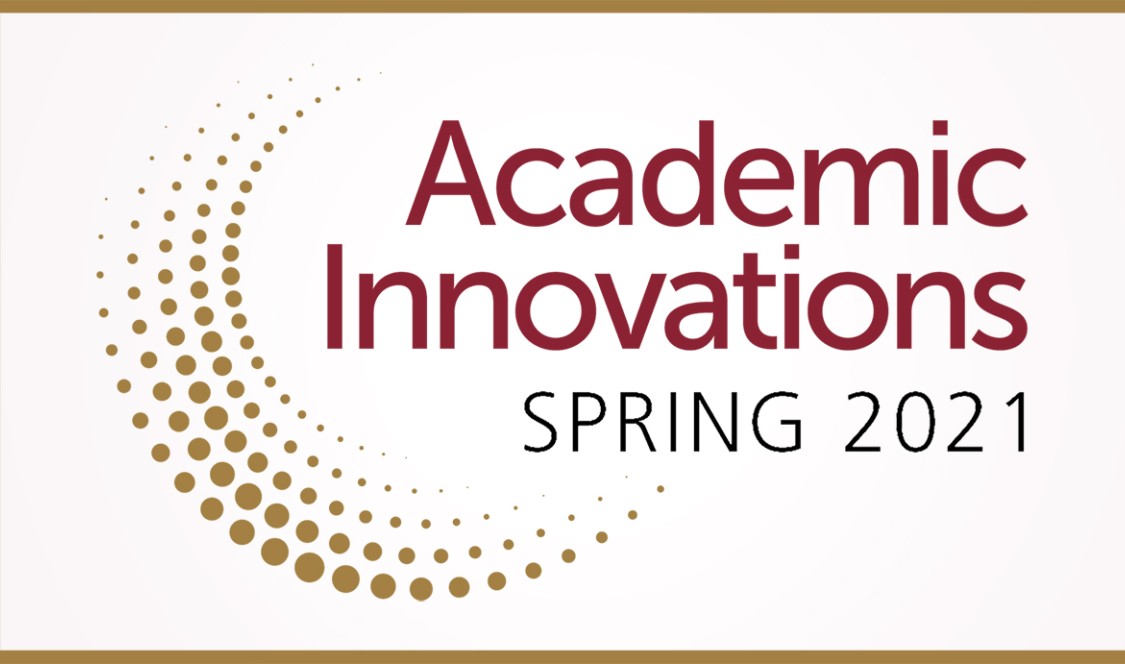Across the CMC curriculum, members of our faculty are meeting the challenge of these unprecedented and historic times, delivering exceptional coursework in a fully online modality for the spring semester. In our Academic Innovations series of faculty Q&As, professors share their curricular highlights, best practices, and how students are helping to shape virtual learning for a memorable, collaborative academic experience.

Creating community: Prof. Taw revamps IR course for Zoom learning
Jennifer Taw, associate professor of government, is teaching "Honors Introduction to International Relations" this spring.
How have you reimagined your “Introduction to International Relations” course to accommodate Zoom teaching and learning?
I have offered this course each spring since arriving at CMC in 2006 and have had a similar format since the beginning with just a few adjustments to testing protocols and writing assignments. Last spring, however, it became clear that the course did not work as well online as in person, so I decided to revamp it for a Zoom semester. I took the opportunity to completely revise the class in ways that I think are very exciting and that are responsive to issues and events affecting global and domestic politics today.
Read more
Going viral: Prof. Chandrangsu examines this critical moment of the pandemic
Pete Chandrangsu, assistant professor of biology, is teaching “Microbiology” this spring.
Your "Microbiology" course feels particularly relevant for the spring semester given all that we’ve been through in 2020 due to the coronavirus pandemic. What are you hoping to address or clarify about science—and how we interact with it—in the class?
We will definitely discuss all things viral—from how they replicate and cause disease to how they spread. We will also cover how our immune system prevents and battles infection, as well as the science behind vaccines. In the midst of a global pandemic, it is easy to forget that microbes are essential to life as we know it. For instance, the majority of the oxygen we breathe comes from microbes living in the ocean. If you like yogurt, wine, or kombucha, you have microbes to thank. Also, we are only beginning to understand the full contribution of microbial life to our planet. In my "Microbiology" course, we will explore the breadth of amazing bacteria, fungi, and viruses on our planet and the relationship, both good and bad, between microbes and humans.
Read more
Poetic irony: Teaching philosophy of technology in an all-virtual format
Gabbrielle Johnson, assistant professor of philosophy, is teaching “Intro to Philosophy: Science, Technology, and Human Values” and “Psychology of Bias” this spring.
What are you most eager for students to experience and understand in both of your classes this spring?
I’m most eager for students to learn that philosophy’s not dead. What I’ve noticed over my years of teaching philosophy is that many people (understandably) do not know what philosophy is or what philosophers do. As a first-generation student myself, it wasn’t until my junior year that I learned philosophy was something people still did and made careers out of it, careers that went beyond sitting around musing over what dead white men had to say about things a hundred years ago. I believe students are surprised and excited to see philosophy courses on cutting-edge issues, like implicit bias and machine learning, and likewise I’m excited to share with them what philosophy can lend to our understanding of and engaging with current events.
Read more
Prof. Sarzynski adapts to pandemic’s twists and turns as she teaches 'The Amazon'
Sarah Sarzynski, associate professor of history, is teaching "The Amazon" this spring.
What are you hoping to address in “The Amazon” course this spring? What sorts of outcomes are you seeking?
In the first half of the class, I urge students to question their assumptions about the Amazonian region and what has led them to hold such beliefs about the Amazon and Amazonian peoples. In the second half of the class, we attempt to understand Amazonia from the perspectives of indigenous Amazonians and practice allyship, educating ourselves about the historical structures, policies and ideologies that have threatened and continue to threaten indigenous lives and the environment. As allies, students draw connections between the past and the present, composing historical reports to advocate for prioritizing COVID-19 vaccines for indigenous Amazonians.
Read more
Policy Lab stays ahead of Washington changes with virtual partnerships
Zach Courser ’99 (left), visiting assistant professor of government, and Eric Helland, William F. Podlich Professor of Economics and George R. Roberts Fellow, are teaching Policy Lab this spring. Courser and Helland are also co-directors of the research program.
With Policy Lab starting this spring at a moment of change in national leadership, how do you anticipate the shift in political power influencing the class?
Starting our class just after the inauguration helps us to demonstrate how the agenda in Washington is shaped by elections, and how this creates new opportunities for policy change. The policy environment changes with each administration, as political priorities shift and policy professionals reshuffle positions around Washington. We have already reshaped our syllabus to reflect changes in the administration and Congress, choosing different readings and policy areas that better reflect the emerging direction of Washington politics.
Read more
